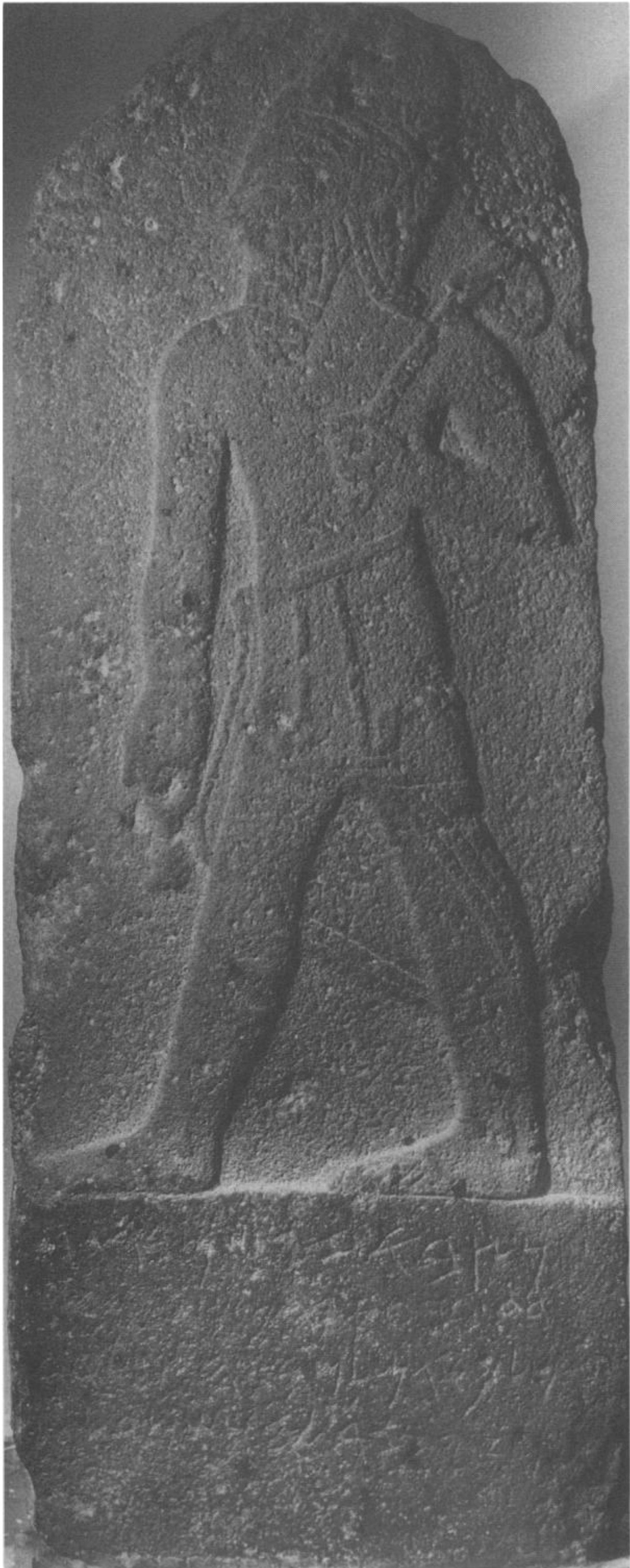|
Bomilcar (other) , Numidian nobleman and follower of Jugurtha
{{DEFAULTSORT:Bomilcar ...
Bomilcar ( xpu, 𐤁𐤃𐤌𐤋𐤒𐤓𐤕 , , "Servant of Melqart" or "In Melqart's Hand") may refer to: * Bomilcar (4th century BC), Carthaginian commander in the war against Agathocles * Bomilcar (suffete) (3rd century BC), Carthaginian suffete and commander in the Second Punic War, father of Hanno * Bomilcar (3rd century BC), Carthaginian commander in the Second Punic War, supply officer of Hannibal * Bomilcar (2nd century BC) __NOTOC__ Bomilcar ( xpu, 𐤁𐤃𐤌𐤋𐤒𐤓𐤕 , ) was a Numidian nobleman of the 2nd centuryBC and a follower of the Numidian king Jugurtha, whom he later betrayed. Deep in the confidence of Jugurtha, Bomilcar was employed on many secret s ... [...More Info...] [...Related Items...] OR: [Wikipedia] [Google] [Baidu] |
Melqart
Melqart (also Melkarth or Melicarthus) was the tutelary god of the Phoenician city-state of Tyre and a major deity in the Phoenician and Punic pantheons. Often titled the "Lord of Tyre" (''Ba‘al Ṣūr''), he was also known as the Son of Baal or El (the Ruler of the Universe), King of the Underworld, and Protector of the Universe. He symbolized the annual cycle of vegetation and was associated with the Phoenician maternal goddess Astarte. Melqart was typically depicted as a bearded figure, dressed only in a rounded hat and loincloth. Reflecting his dual role as both protector of the world and ruler of the underworld, he was often shown holding an Egyptian ankh or lotus flower as a symbol of life and a fenestrated axe as a symbol of death. As Tyrian trade and settlement expanded, Melqart became venerated in Phoenician and Punic cultures across the Mediterranean, especially its colonies of Carthage and Cadiz. During the high point of Phoenician civilization between 1000 ... [...More Info...] [...Related Items...] OR: [Wikipedia] [Google] [Baidu] |
Bomilcar (4th Century BC)
__NOTOC__ Bomilcar ( xpu, 𐤁𐤃𐤌𐤋𐤒𐤓𐤕 , ) was a Carthaginian commander in the war against Agathocles, who invaded Africa in 310BC. In the first battle with the invaders, his colleague Hanno was killed and, according to Diodorus, Bomilcar permitted the enemy to succeed on the field with the hope that his frightened countrymen would permit him to become tyrant of Carthage. In 308BC, after many delays and misgivings, he attempted to seize the government with the aid of 500 citizens and a number of mercenaries but his followers were induced to desert him by promises of pardon. He himself was taken and crucified.Diod. xx. 43, 44 ; Justin Justin may refer to: People * Justin (name), including a list of persons with the given name Justin * Justin (historian), a Latin historian who lived under the Roman Empire * Justin I (c. 450–527), or ''Flavius Iustinius Augustus'', Eastern Rom ..., xxii. 7. (cited by Smith) See also * Other Bomilcars in Carthaginian history * Me ... [...More Info...] [...Related Items...] OR: [Wikipedia] [Google] [Baidu] |
Bomilcar (3rd Century BC)
__NOTOC__ Bomilcar ( xpu, 𐤁𐤃𐤌𐤋𐤒𐤓𐤕 , ) was a Carthaginian commander in the Second Punic War (218–201BC). He was the commander of the Carthaginian supplies which were voted to Hannibal after the Battle of Cannae (216BC) and with which he arrived in Italy in the ensuing year. They amounted to 4,000 Numidian cavalry, 40 war elephants, 500 or 1,000 talents of silver, grain, and other provisions. In 214BC, he was sent with 55 ships to the aid of Syracuse, then besieged by the Romans. Finding himself unable to cope with the superior fleet of the enemy, he withdrew to North Africa. In 212BC, he escaped the harbour at Syracuse and carried to Carthage the news of the perilous state of the city, all of whichexcept Achradinawas in the possession of Marcellus. He returned within a few days with 100 ships. In the same year, following the destruction by pestilence of the Carthaginian land-forces under Hippocrates and Himilco, Bomilcar again sailed to Carthage with the n ... [...More Info...] [...Related Items...] OR: [Wikipedia] [Google] [Baidu] |
